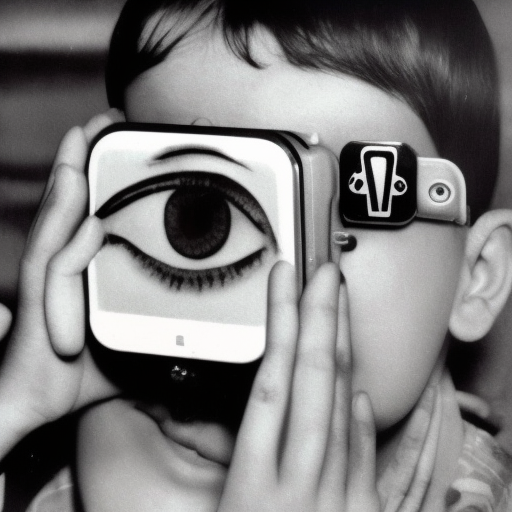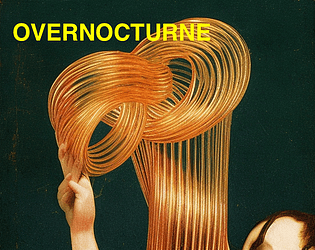Ayin Beta
Ayin Beta is a new platform for digital art and games.
Beta, or bet, is the second letter of both the Greek and Hebrew alphabet /aleph-bet. In Hebrew, bet is a preposition, meaning “in”; it is, famously, the first letter of the Bible: Be’reisheet, “In the [process of] beginning.” Additionally, the Kabbalists tell us that the bet of “in the beginning” signifies that worlds have been made and destroyed before; we are not meant to know of those worlds, which is why the letter only opens on one side, the side from which all future text flows. The name of the letter is also a version of the word for house in Hebrew, bayt or bayit, defining the bounds of inside and outside, a site of construction and deconstruction. Bet contains and cultivates all of these meanings within itself, signifying the dynamic relationship between creativity, structure, and consciousness.
In the tech world, beta refers to a particular stage in the development of a prototype. After the “alpha”—the first iteration of a product, which is only shared internally (just like the worlds that came before the bet of be’reisheet were hidden)—comes the “beta”: the first iteration released to the public, a kind of test version, imperfect and in process. In the beta phase, the focus is on finding and fixing bugs, and other critical issues, before launch. Playtesting a game in beta is a method of quality control that is integral to the design process. Users play unfinished versions of a game to work out flaws, and most importantly to make sure the game is fun.
Ayin Beta opens up a realm to explore the future of the book through digital and interactive art, games, emerging technology, and AI. Telling new stories, beta-testing new worlds.



